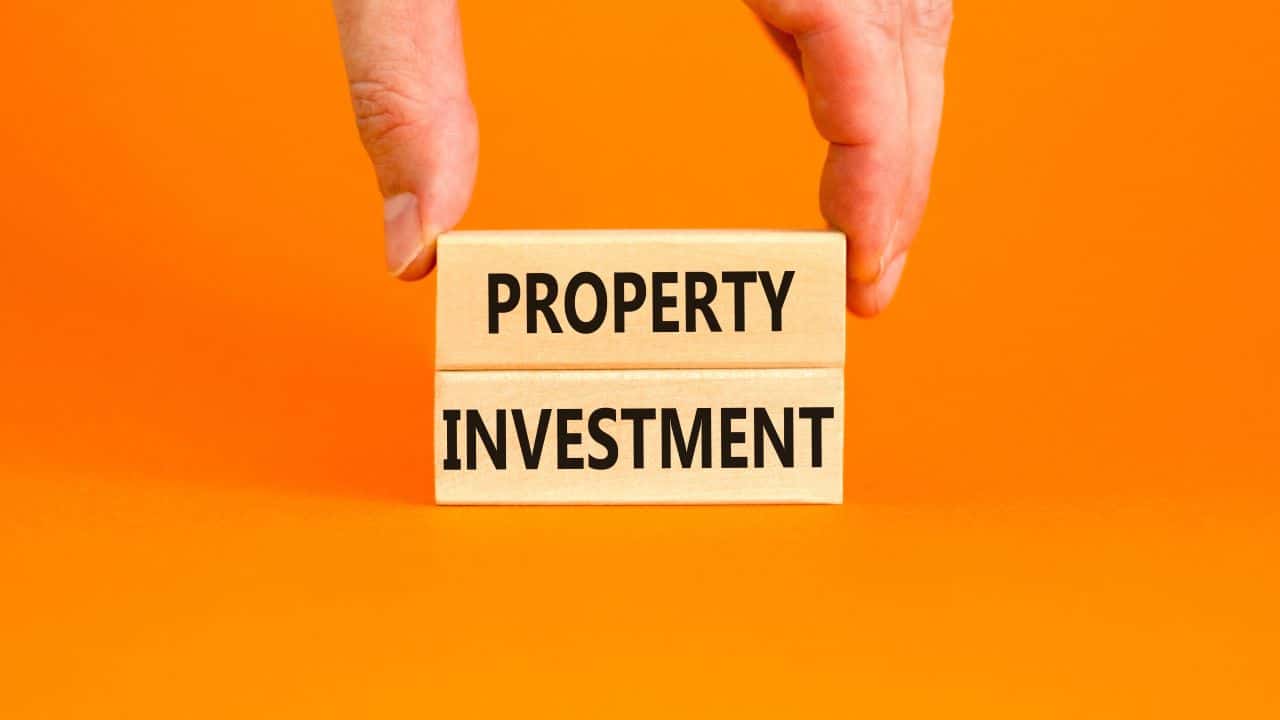
Foreign nationals purchased a total of 93,000 homes out of 637,000 total transactions registered in 2024 in Spain, meaning that one of every seven homes sold went to expats – but is Spain the best European country for property investment in 2025?
According to new research from expat experts at William Russell, Spain is actually the fifth worst location in Europe to invest in property in based on a number of factors such as prospective rental yields and property taxes.
So where in Europe will property investment pay off most in 2025?
Best countries to invest in property in
| Rank | Country | Gross rental yield (% per annum) | Yield Rating | Average rental income tax rate | Income tax on rent | Roundtrip transaction cost | Buying costs | Selling costs | Corporate tax | Property investment score /10 |
| 1 | Moldova | 8.38% | Very Good | 12.00% | 12.00% | 6.80% | 2.80% | 4.00% | 12.00% | 8.18 |
| 2 | Lithuania | 6.39% | Good | 15.00% | 20.00% | 5.95% | 3.45% | 3.00% | 15.00% | 7.60 |
| 3 | North Macedonia | 6.47% | Good | 36.00% | 10.00% | 7.50% | 5.50% | 2.00% | 10.00% | 7.16 |
| 4 | Andorra | 5.83% | Good | 10.00% | 10.00% | 11.30% | 6.30% | 5.00% | 10.00% | 6.93 |
| 5 | Montenegro | 5.61% | Moderate | 0.00% | 15.00% | 9.01% | 4.01% | 5.00% | 15.00% | 6.59 |
| 5 | Serbia | 7.04% | Very Good | 30.00% | 20.00% | 10.00% | 8.00% | 2.00% | 15.00% | 6.59 |
| 7 | Bulgaria | 4.90% | Moderate | 10.00% | 10.00% | 11.50% | 10.50% | 3.00% | 10.00% | 6.28 |
| 8 | Latvia | 7.89% | Very Good | 22.80% | 31.00% | 8.10% | 3.10% | 5.00% | 20.00% | 6.25 |
| 9 | Ireland | 7.76% | Very Good | 27.50% | 40.00% | 6.20% | 3.70% | 1.50% | 25.00% | 6.22 |
| 10 | Iceland | 5.20% | Moderate | 11.00% | 22.00% | 5.20% | 2.70% | 2.50% | 37.60% | 6.12 |
The best European countries for real estate investment in 2025 are in Central and Eastern Europe, with Moldova leading the way. Moldova positions itself as an emerging, high-yield market for early, risk-tolerant real estate investors with buying costs at a maximum of 2.80% of the price and the income tax at 12% on rent, providing a high rental yield rating.
The country earned a high ranking due to its capital, Chișinău, which has seen steady development in infrastructure, hospitality, and business sectors in recent years. This, coupled with rising tourism, driven by the country’s wine industry and cultural heritage, offers short-term rental opportunities.
However, it’s worth remembering the country is currently not part of the EU, although it is a candidate to join the bloc.
A William Russell spokesperson says: “Buying property abroad as an expat can seem complicated with unique challenges such as language barriers, exchange rates, and more difficulty getting a mortgage. But it’s pretty straightforward if you know what you’re doing.
“If you’ve found your dream home abroad, my tips are to work with local experts, monitor currency exchange rates, and organise financial documents well in advance to make the process go as smoothly as possible.
Work With Local Experts: Consider hiring local property and law experts to help navigate language barriers and local laws. If you can, pick estate agents and local legal council officials who specialise in working with British expats or find a community of British expats for the country you’re moving to and ask them for recommendations. For legal experts, make sure they’re registered with any local legal councils and/or the Law Society in the UK. If you don’t speak the language or aren’t fluent in it, more often than not, these experts will act as your translator, too, which will help streamline the process;
Monitor currency exchange rates: Transferring your money from your UK-based bank account to your overseas seller may incur a currency conversion charge. Arrange your financing ahead of time whether it’s through a local bank or an international mortgage. Keep a close eye on currency fluctuations and consider using a foreign exchange specialist to save money; and
Organise financial documents: As a UK expat, you might need to supply your mortgage lenders abroad with more extensive paperwork, such as proof of income, tax returns, and credit history. Plus, there are extra expat-only steps you’ll need to go through such as anti-money laundering and tax checks. Some countries require expats to take out things like private health insurance as part of the process, too. So it’s a good idea to get these organised and translated well in advance to prevent any hiccups.”
Please visit:
Our Sponsor
